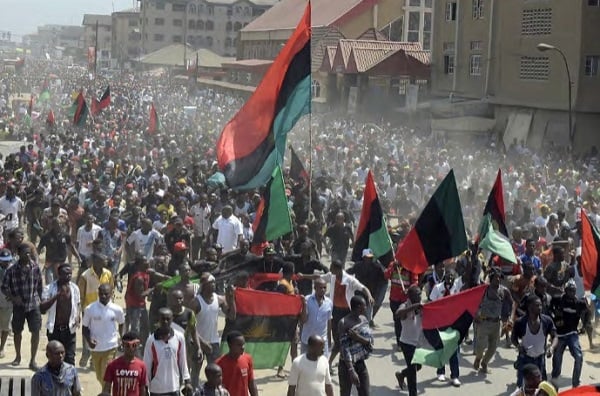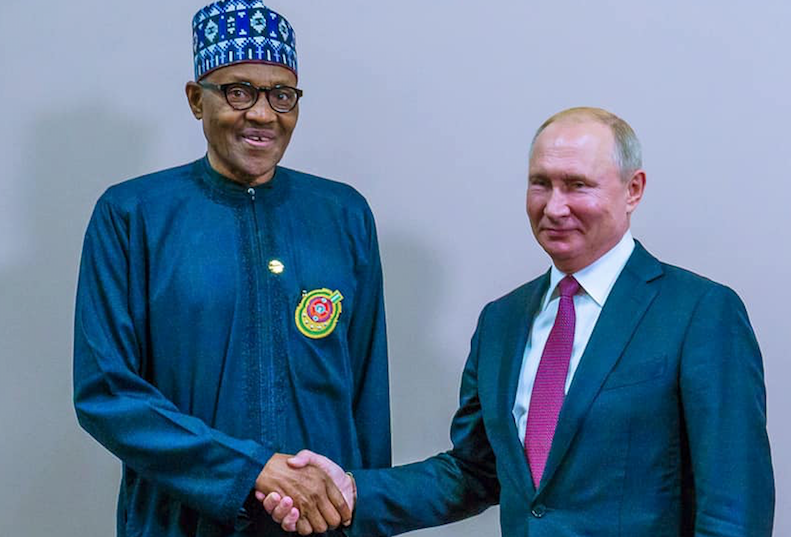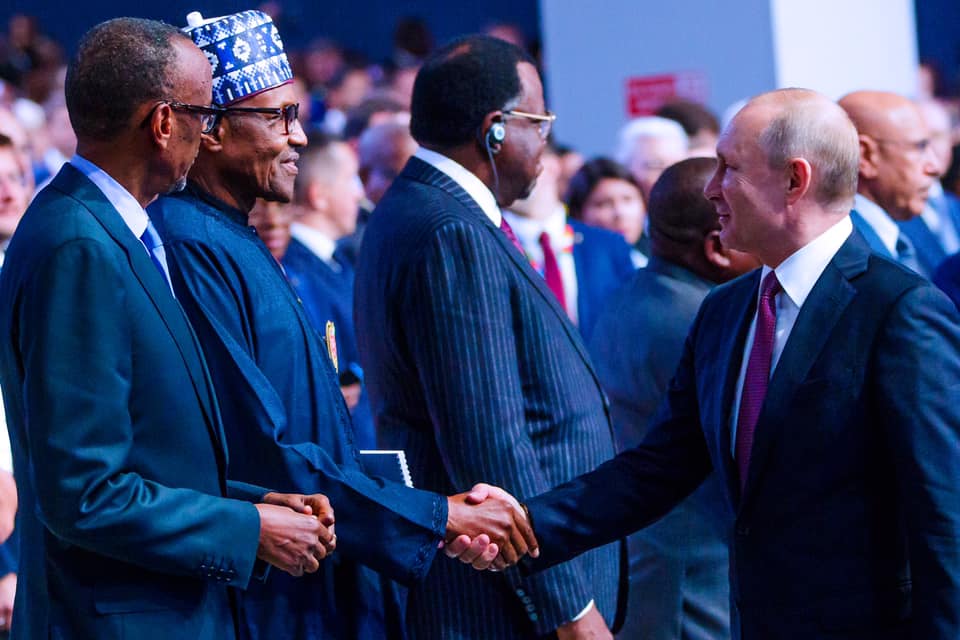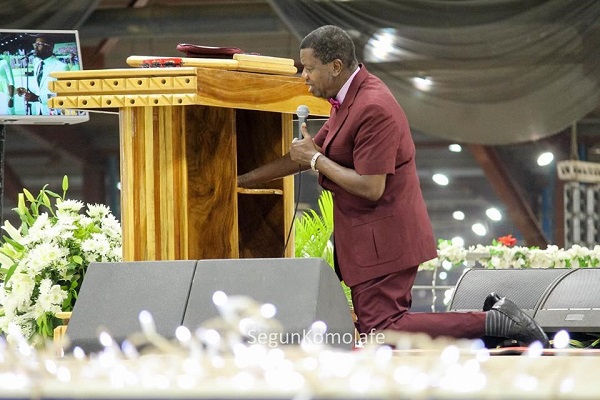The rising tempo of threats and wishes for the break-up of Nigeria by individuals and groups makes me to recall the long conversation I had with a diplomat working with one of the International agencies in Nigeria on his impressions of the country. After a lengthy discussion which centred mainly on the political economy of Nigeria, he concluded that no foreign power would want to commit itself directly and openly to the disintegration of this country as was being alleged. It is Nigerians themselves, he remarked ruefully, that will destroy the country through their actions or inaction.
The diplomat was right on the money. From Independence in 1960 till date, Nigeria has certainly been flirting disintegration. And what are the reasons usually given for why this country should destroy itself?
Some say the amalgamation of the northern and southern protectorates by the British in 1914 should not have happened because it forced a union of disparate peoples who had very little cultural and historical links. Others say the country is too vast to be managed and better to split it. Yet others say that the political economy of the country was lopsided in favour of those areas that produced the least against those that produce and do the actual work of sustaining the country.
Because these issues have persisted and have become intractable even many years after the coming of self-rule, Nigeria can never come good and the only feasible thing left was for the peoples that make up the country to go their separate ways so say the naysayers.
Calls for the break-up of Nigeria have not been limited to one region alone. In 1953, the entire north region erupted with demands for ‘’Araba’’ (separation in Hausa) on account of the Mcpherson constitutional changes which seemed not to favour it. This same call was repeated during the turbulent events of 1966 first when northern political and military figures were killed in the coup of January 15 of the same year and when six months later after the July revenge coup carried out by northern officers, attempts were made to actualise a separation of the north from the country.
Advertisement
In the west too, calls for separation have been a long going thing expressed in several euphemistic forms ranging from demands for ‘’confederation’’, ‘’regionalism’’, ‘’true federation’’, ‘’fiscal federation’’ and in the extreme, an ‘’Oduduwa’’ republic.
It was in the east that the idea of separation was given teeth in the form of the breakaway Biafra republic which lasted three years from 1967 to 1970 before it was subdued by the federal forces. To this day the calls for a re-enactment of Biafra have been persistent.
It is notably among the minority areas of the country that the calls for disintegration of the country that have been largely absent. And even here some of the agitations like the demands for resource control which have taken the form of destruction and sabotage of oil installations in the Niger Delta areas and the incessant sectarian clashes between ethnic groups and the herders-farmers crises in the central parts of the country all have a potential to seriously stretch the capacities of the country to breaking point.
Advertisement
Are the reasons often cited to call for disintegration of this country germane? Nigeria is not the first country to be forcibly put together by another. Most of the countries of the world today including the powerful ones were once creations of others.
As for size and challenges of geography, Nigeria does not even rank among the ten largest states in the world. Its physical challenges are not as daunting as Indonesia whose 200 million plus population is spread over a thousand islands. And as for population and racial and ethnic complexity, we are nowhere near India, Russia, and the United States of America etc.
The British conquerors of Nigeria spent the better part of their colonial rule trying to put this country together through several constitutional arrangements. At Independence they felt satisfied enough to consider Nigeria along with India as the crowning efforts of their colonial experience.
That Nigeria’s continued existence is always uncertain is mainly due to failure of its elite who have proven unable and unwilling to rise to the challenges of nation building unlike elites of other countries. It took only six years in 1966 after the departure of the British in 1960 for the Nigerian elite to put everything that the British had painstakingly put together asunder. We have been living with the effects of that since then. The typical attitude of the Nigerian elite to Nigeria is summed up in the words a former attorney-general of the federation. He said he usually wears two brains in his head; one which he calls the civilized one for use while abroad, and the other which he refers to as the uncivilised one which he keeps for Nigeria. The Nigerian elite do not accord Nigeria any commitment beyond the personal convenience and comforts it offers them
Can Nigeria continue to live a charmed life?
Advertisement
With the way we are going currently Nigeria’s years of living dangerously will likely come to an uncertain denouement engulfing all of us. It will be really up to the silent majority who value this country to act to stave off this looming uncertainty.
Views expressed by contributors are strictly personal and not of TheCable.







